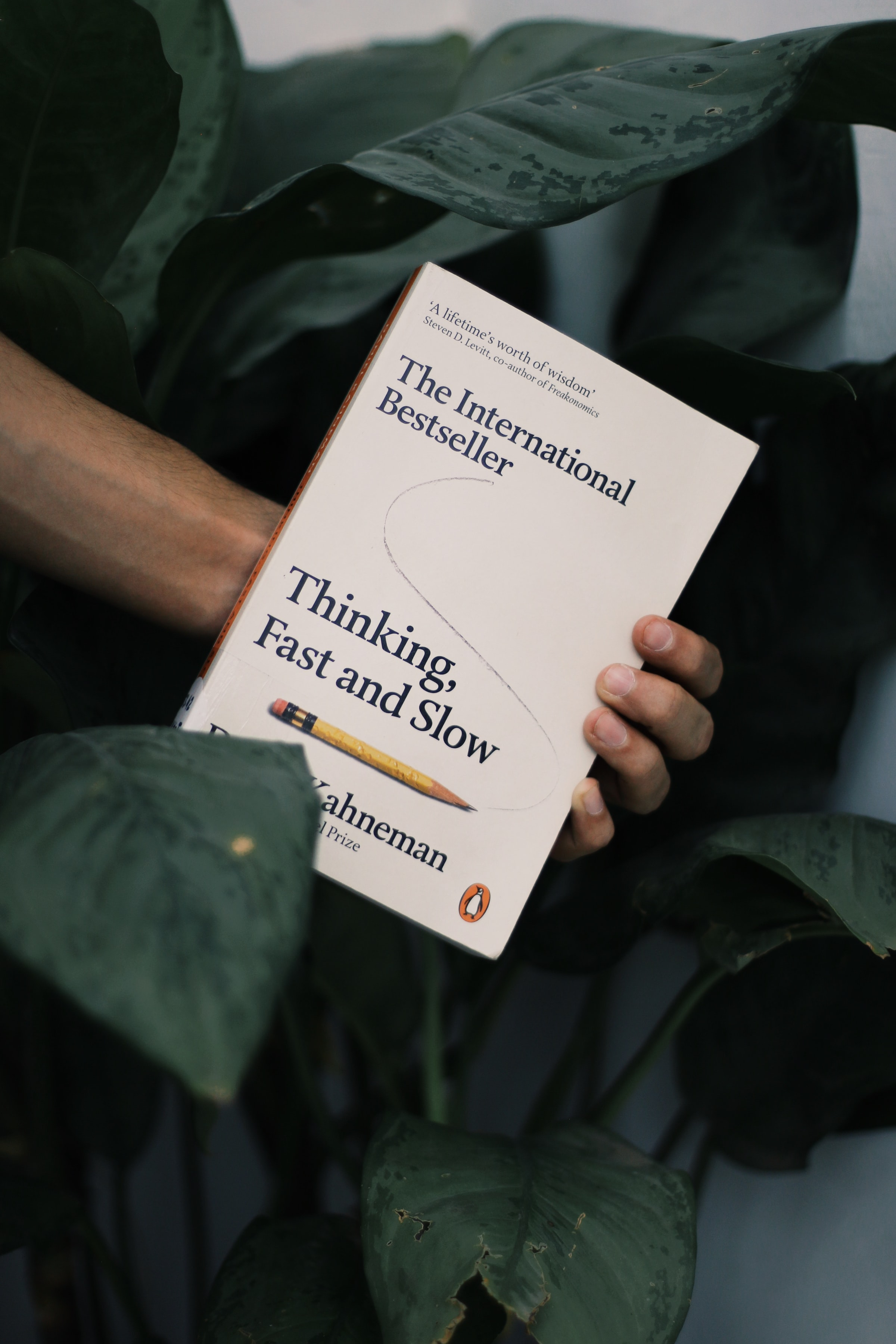There are also social and political explanations for why people believe in fake news. Think about how we all belong to different groups and want to be liked by them. If those groups share something that seems important to them, you might share it as well — and you might even believe in it because it demonstrates that you belong to and affiliate with that group.
This often manifests itself in political groups, especially in countries like the United States, where the political climate is very polarised. Political identity and your political worldview shape what information you're more likely to believe in. So if you come to the table with strong beliefs about a subject, fake news plays into that. You’re more likely to grab onto that piece of news because it fits with how you already think about the world.
Some people refer to this as confirmation bias and motivated reasoning, and that’s part of the explanation. But broadly, there are two camps. One side of the debate says, ‘Most people really aren't that political. Most people aren't extreme. It's just the attention economy. We're inattentive or bombarded with information. We just need some help processing it properly.’
Whereas the other camp says, ‘No, actually, everyone is politically motivated and we all have prior beliefs and goals. People just want to belong to their tribe and communicate what fits with their tribe. Everyone just sees the world as they want to see it.’ In our research, we’ve shown that both explanations are true.


